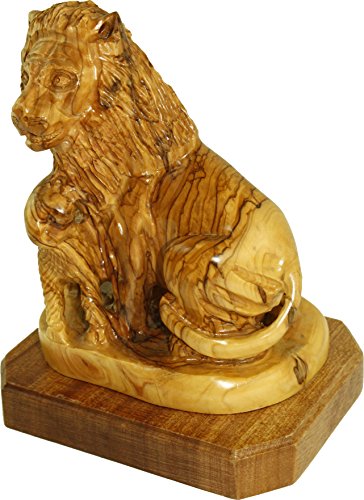| Personification of knowledge (Greek Επιστημη, Episteme) in Celsus Library in Ephesus, Turkey. (Photo credit: Wikipedia) |
-
Ignorance was always a choice. (“… fools hate knowledge”)
-
Information was always currency. (“Buy the truth and sell it not.”)
-
Knowledge is freely offered and there for the taking or … accepting. (“Choose knowledge rather than choice gold.”)
-
Wisdom when rightly applied is the key to not wasting your life way. (“Teach us to number our days.”)
- Sometimes I babble.
- Sometimes I say things that are verifiable truths.
Am I babbling?
My Opinion Pieces | Curated by Treathyl Fox aka cmoneyspinner | @Medium #lists https://t.co/0jm6w9ImjY
— Treathyl Fox (aka cmoneyspinner) ~ #Freelancer (@cmoneyspinner) May 21, 2024
My Observations, Thoughts, Musings, Humor, Etc. | Curated by Treathyl Fox aka cmoneyspinner | @Medium #lists https://t.co/S92Wpp8mAg
— Treathyl Fox (aka cmoneyspinner) ~ #Freelancer (@cmoneyspinner) May 21, 2024






















